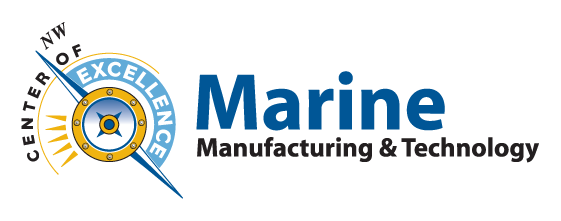Enhanced Safety Regulations Could Advance Maritime Electrification
iStock / Sergey Aleshin
As part of our Career Connect Washington Maritime Sector ongoing work, we actively track, document, and inform about emerging technologies and trends. The maritime industry is having to contend with an increasingly complex regulatory landscape. The introduction of FuelEU Maritime at the beginning of the year has, for the first time, established comprehensive regulations for phasing out the use of fossil fuels by vessels sailing in Europe. Additionally, the recent outcomes from MEPC 83 suggest a likely introduction of a new global carbon pricing mechanism for international shipping.
Furthermore, shipping is quickly approaching its 2030 checkpoint – as outlined in the IMO’s revised GHG strategy in 2023 – by which time the industry must evidence a 20% reduction in carbon emissions, with the ambition to achieve 30% compared to its 2008 baseline. Combining this with the MEPC 83 outcomes, the industry is under significant pressure to demonstrate tangible reductions in carbon emissions from its operations.
Go to this link to read the full article published by The Maritime Executive https://maritime-executive.com/editorials/enhanced-safety-regulations-could-advance-maritime-electrification


